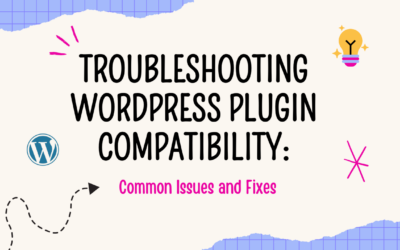Introduction:
When you’re planning to build a website, choosing the right platform is very important. Two popular options are Webflow and WordPress. Each has its own strengths, depending on what you need. At Hike Branding, we know that picking the right tool can make a big difference in the success of your project. Let’s compare Webflow and WordPress to help you decide which one is the best fit for your website.
1. Ease of Use
- Webflow: Webflow is easy to use, with a drag-and-drop interface. You can design your website without knowing how to code, making it great for designers and beginners.
- WordPress: WordPress can be a bit harder to learn, especially if you want to customize your website a lot. However, it has many themes and plugins that can help you build a website without much coding knowledge.
- Winner: Webflow is easier to use, especially if you don’t know coding.
2. Customization and Flexibility
- Webflow: Webflow allows you to customize your website’s design in great detail, but it has fewer third-party plugins compared to WordPress.
- WordPress: WordPress is very flexible, with thousands of plugins and themes that let you customize your site in many different ways.
- Winner: WordPress is better for customization and flexibility.
3. Content Management
- Webflow: Webflow’s content management system (CMS) is great for designers but might be tricky for others who are used to more traditional platforms.
- WordPress: WordPress has an easy-to-use CMS that’s ideal for managing a lot of content, making it perfect for blogs and large websites.
- Winner: WordPress is better for managing a lot of content.
4. SEO Capabilities
- Webflow: Webflow has good built-in SEO tools that make it easy to optimize your website for search engines.
- WordPress: WordPress also has strong SEO tools, especially with plugins like Yoast SEO that help you optimize your content even further.
- Winner: Tie. Both platforms are good for SEO, but WordPress has more plugins to help.
5. E-Commerce
- Webflow: Webflow has built-in e-commerce features, which are great for small to medium-sized online stores.
- WordPress: WordPress, combined with WooCommerce, is excellent for creating large and complex online stores with lots of features.
- Winner: WordPress is better for bigger or more complex online stores.
6. Pricing
- Webflow: Webflow uses a subscription model, where you pay for different plans that include hosting and security.
- WordPress: WordPress is free to use, but you may need to pay for hosting, themes, and plugins. This can make WordPress more affordable, depending on what you need.
- Winner: WordPress can be cheaper, depending on your specific needs.
7. Community and Support
- Webflow: Webflow has a growing community with many tutorials and good customer support, but it’s still smaller than WordPress’s community.
- WordPress: WordPress has a huge and active community with many resources, forums, and developers available to help you.
- Winner: WordPress has more support options and a larger community.
- Conclusion: Which Platform is Right for You?
At Hike Branding, we believe that the right platform depends on what you need for your project.
- Choose Webflow if: You’re looking for an easy-to-use platform with strong design tools, ideal for simple and visually appealing websites.
- Choose WordPress if: You need a flexible platform that can handle complex content, advanced SEO, or a feature-rich online store.
Both Webflow and WordPress are powerful tools. Understanding what you need will help you make the best choice for your website. No matter which platform you choose, Hike Branding is here to help you build the perfect website for your needs.



